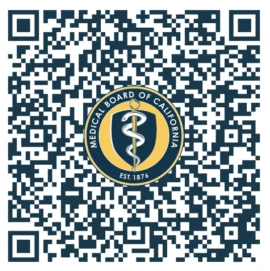You can lead a full life even if you have ulcerative colitis. Focus on keeping your symptoms under control. And don’t let this disease isolate you. By planning ahead and working with support groups, you can find ways to cope. And you may even help others who have ulcerative colitis.
Ulcerative colitis is a type of inflammatory bowel disease (IBD).
Have a Plan
Make this your goal: “Ulcerative colitis won’t keep me from the activities I enjoy.” You may need to do some planning to reach that goal. But by staying positive, you can help make sure you’re in control-not ulcerative colitis. Here are some other tips:
- Know where to find clean bathrooms.
- Eat more small meals instead of three big meals, especially when on the road or when you don’t have easy access to bathrooms.
- If you’ve had a recent flare-up, eat foods that you know will limit your symptoms. Keep those foods on hand, both at home and at work.
- Get some exercise every day.
- Take a stress reduction class.
- If going on a long trip, discuss your plans with your doctor. He or she can teach you what to do if you have a flare-up while on the road.

Find a Support Group
Ulcerative colitis support groups can help you with many concerns you may have. Other people have felt much of what you may be feeling. Just knowing that you’re not alone can be a great comfort. Or someone in a support group may offer a travel tip or a coping skill that’s perfect for you. And don’t forget how satisfying it can feel to help another ulcerative colitis patient who’s in need.
Managing Nutrition
You may be able to eat most foods until you have a flare-up. But like anyone else, you need to make healthy eating choices. Some of the healthiest foods can make symptoms worse, though. Keeping track of your “problem foods” may be helpful. Ask your doctor any questions you have about healthy eating.
Avoid Your Problem Foods
There’s no rule for which foods can be a problem. How you feel after eating them is the best guide. You may need to avoid high-fiber foods and foods that are hard to digest. These can include fresh fruits and vegetables. High-fat foods, such as whole-milk dairy products and red meat, also can worsen symptoms in a flare-up. Write down what you eat and how it affects you. If one kind of food often gives you trouble, stay away from it. Also note the foods that work well for you. Your doctor may have you see a nutritionist to come up with the best food choices for you. A nutritionist can help ensure that you eat foods that are “safe” while getting proper nourishment.
Foods That Are Often “Safe”
No two people respond the same to all foods. But these choices are often “safe” to eat during a flare-up:
- Applesauce
- Melba toast
- Flavored gelatin
- Vanilla pudding
- Custard
- White rice
- Plain pasta
- Canned peaches or pears
- Baked potatoes (don’t eat the skin)
- Tuna packed in water
- Mashed potatoes
- Skinless chicken
- Instant oatmeal
If You Need Special Nourishment
In rare cases, the small intestine can't absorb nutrients. Total parenteral nutrition (TPN) is a treatment that provides nourishment through an IV (intravenous) tube. This lets you get nutrition without eating, giving your digestive tract time to rest. TPN also may be used to help prepare for surgery, if needed. TPN can be done either in the hospital or at home with the aid of a home health nurse.


